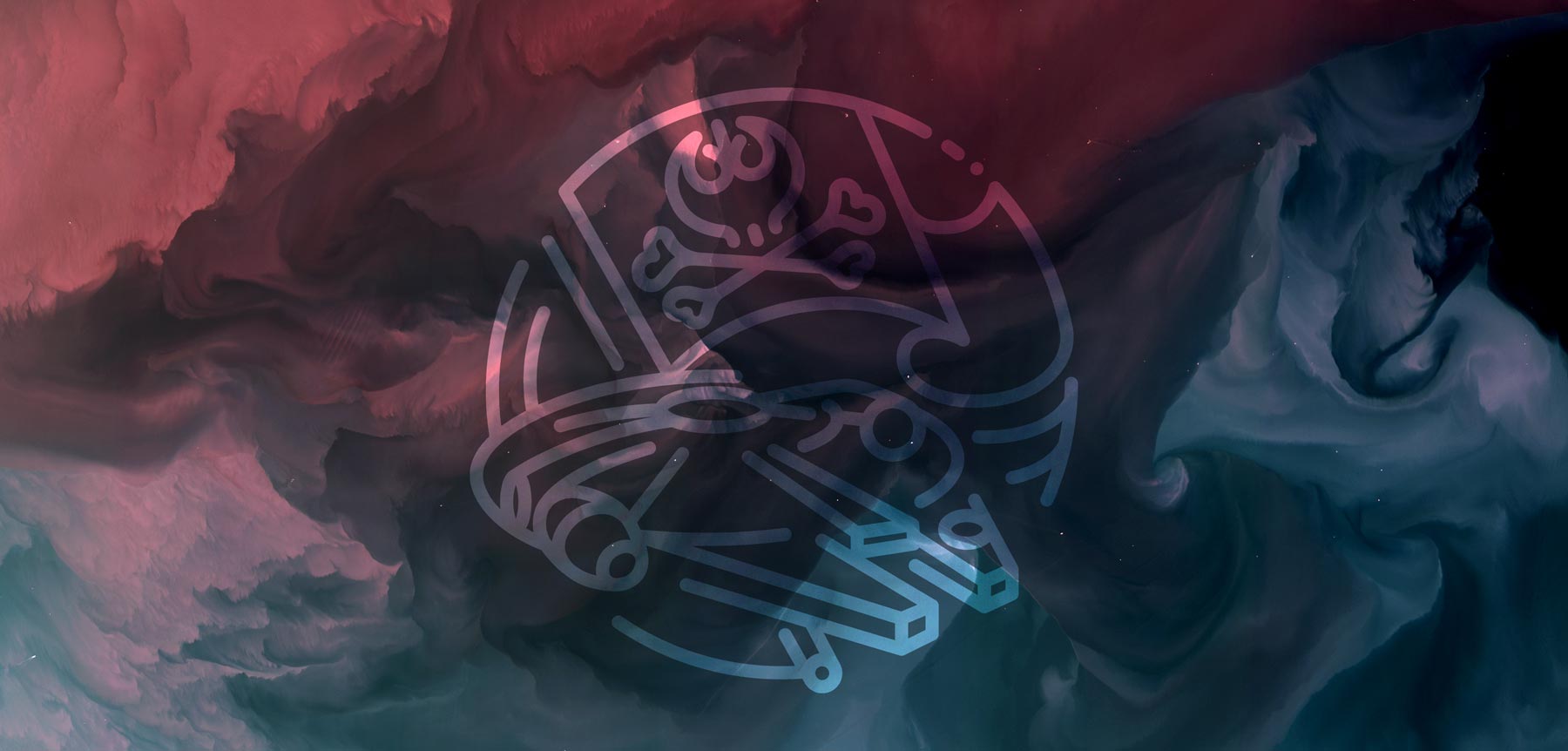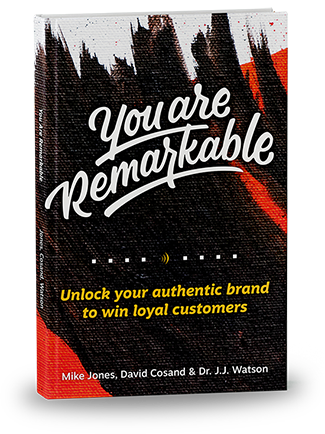Podcast: Play in new window | Download
Subscribe: RSS
If you watch a popular movie or read a best-selling book with your brain turned off, you’ll probably get some déjà vu.
Whether it’s following the hero’s journey, or some eerily familiar character—an unlikely wonder woman finding her stride, a wise-cracking sidekick, or even a calm, motivated villain out to wreak some serious havoc—it’s not necessarily a bad thing if you recognize a pattern from somewhere else.
What we’re saying is that life, like books and movies, scatters unique characters everywhere… and that there are types of characters that we instantly recognize.
In fact, any historian or mythology professor will tell you that certain types of stories and characters appear over and over again in stories told across time and culture, from ancient myths to modern comic franchises.
The highbrow term is archetype, a type of character that appears, behaves, and functions in a certain way… from epic myths to heroes in a graphic novel to stock characters in a blockbuster franchise.
It’s no accident that Captain Jack Sparrow has a lot in common with Han Solo, from his blatant self-preservation to his foolish, underdog bravado to the charm and swagger that fans can’t resist. They’re both light versions of the anti-hero, a bad boy archetype that stretches out to darker examples like Dexter, Tony Soprano, Breaking Bad’s Walter White, and even Shakespeare’s Macbeth.
All good fun—and yes, we know what you’re thinking… what do character archetypes have to do with branding, brand development, or sharpening a brand’s personality?
Much more than you might think.
A Brief Recap
If you’re just joining us, this is part two of a seven-part series on practical tools for developing an authentic brand and sharing it with the world. Checkout out part one!
Once you've got your organization’s values and vision squared away, the next step is clarifying and expanding on that personality with a brand archetype.
There’s a whole list of archetypes that many branding agencies borrow from. These personas act as models, and sometimes, they lend themselves perfectly to the finer details of a brand's personality.
If you ask us, brand archetypes are perhaps the most helpful tool in our belt for putting handles on how a brand acts, thinks, behaves, functions… and how they can share those remarkable characteristics with everyone.
To dig a little deeper, let’s explore some common examples we find particularly helpful.
But first… a Little More on Archetypes
Before they applied to movie characters, the theory of archetypes was developed by the psychologist Carl Jung, who held that archetypes were innate categories of thought.
He argued that certain archetypal figures formed part of our innate way of categorizing the world.
When we tell stories with one another, the “roles” in our stories are often filled by these archetypal characters—the hero, the anti-hero, the antagonist, the wise guide, or the damsel in distress, respectively. They come with patterns we all instantly recognize.
But this isn’t screenwriting class, and we certainly won’t claim to be accurately representing Jungian theory here (although we do find it interesting). For the purpose of categorizing brands in a helpful way, and drawing on brands we’ve worked with, developed, and sent off into the world, we’ve found these twelve archetypes to be the most helpful.
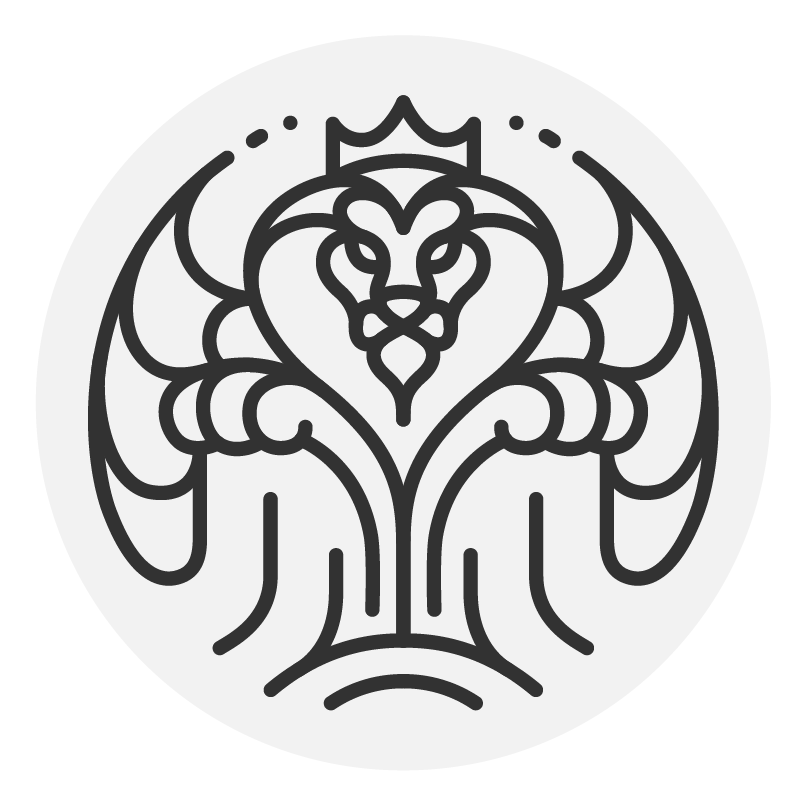
The Executive
An ‘Executive’ brand leads with confidence and conviction. It values a clear sense of process and order prioritizing tasks. An Executive brand can express a regal or traditional personality, making sure that the ‘rule of law’ is upheld, and the organization’s processes and values are maintained as an enduring legacy.
On that note, Executive brands love a sense of accomplishment, getting things done, and moving forward. They’re natural leaders in their industry because of their record of action, and they inspire their customers to lead, remain diligent and steadfast, and move forward step by step.
A few examples of Executive brands might be Mercedes Benz, Rolex, Luis Vitton, and Microsoft.
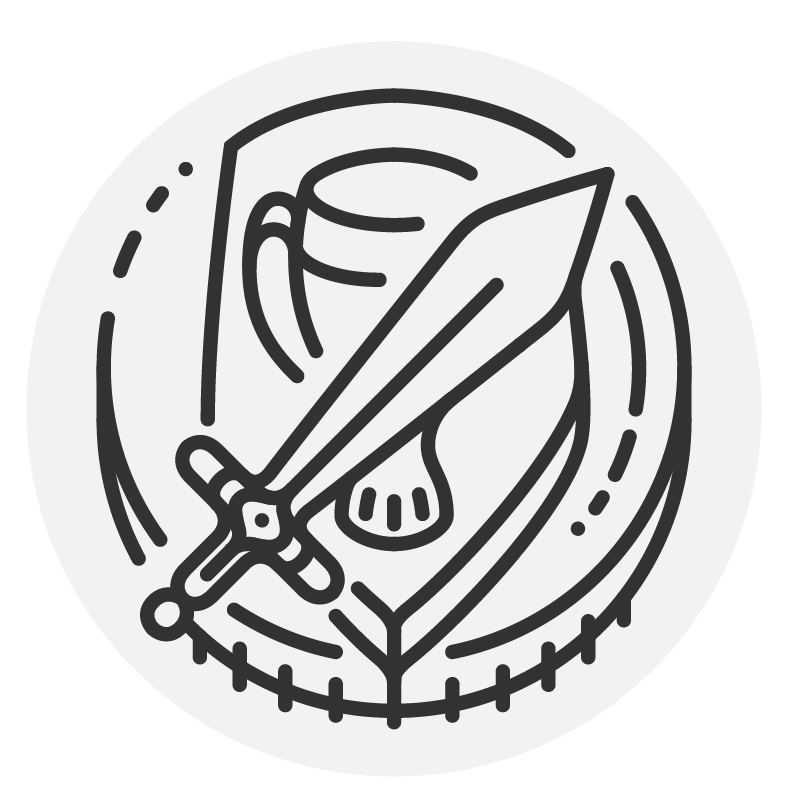
The Hero
A ‘Hero’ brand always comes to the rescue!
It saves the day and delivers what its customers need at just the right time. Hero brands are like firefighters, police officers, and emergency room doctors. They use their expertise to rescue those in distress rather than to educate or train.
Customers look to Hero brands in a crisis, to pull them out of the mud when they’ve fallen into trouble or are feeling helpless. When you need help and have nowhere to turn, you call a Hero.
Brands that make us think of the Hero would be (of course), Nike, Adidas, FedEx, Duracell, and the U.S. Army.
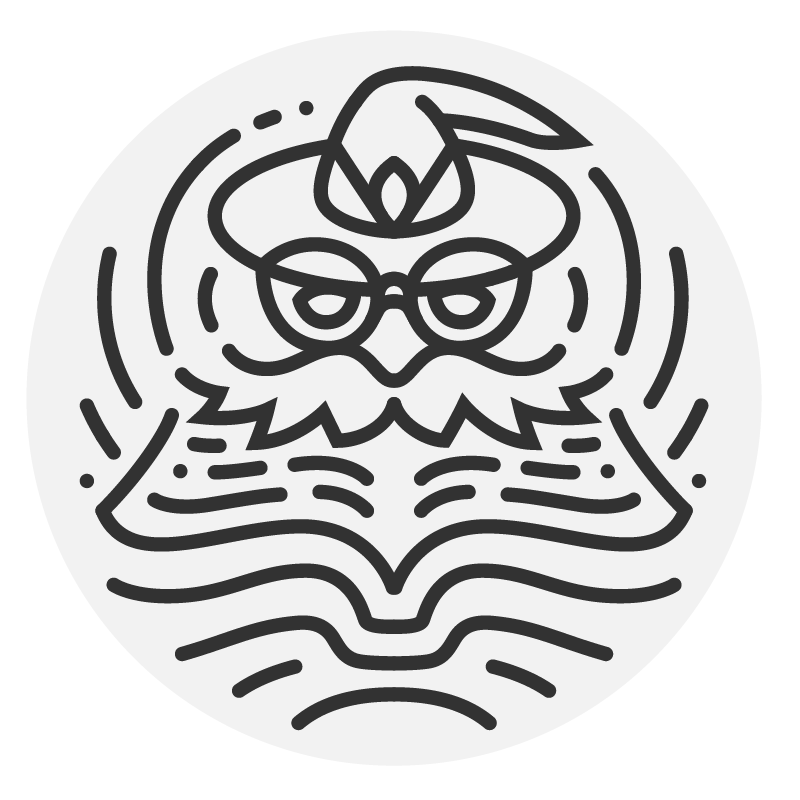
The Expert
An ‘Expert’ brand offers customers guidance and advice.
The Expert archetype is also sometimes called the ‘consultant’, ‘professor’, ‘philosopher’, or ‘sage’: someone who helps answer difficult questions that customers don’t feel comfortable solving themselves.
Expert brands bring their vast and often highly-specialized expertise to solve problems and navigate the intricacies of life. They are teachers, providing customers with training and direction to make them smarter or savvier about their industry.
Expert brands look like Google, the BBC, BMW, The Economist… and individuals like the late Alex Trebek or Neil deGrasse Tyson.
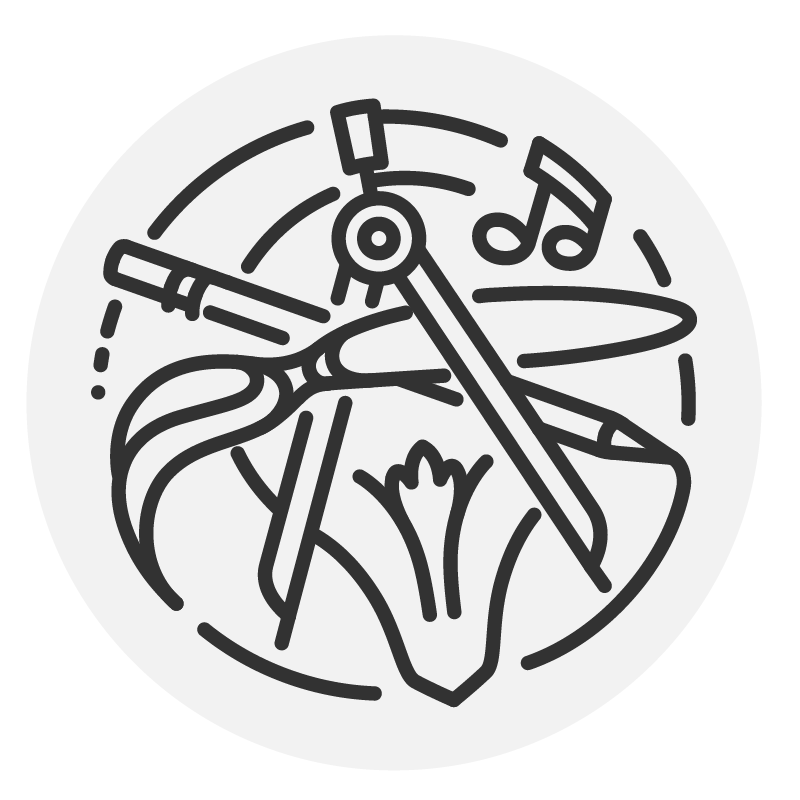
The Creator
Deep down, a ‘Creator’ brand is an artist.
Creator brands live to create, to design, to imagine something new for customers, or even create a whole world for them to experience. They prize knowing how to do something rather than theoretical knowledge.
Creator brands are always pushing the envelope, taking risks to help envision new ways for their customers to engage with the world. They help spark creativity in others around them.
Clear models of Creator brands would be Lego, Adobe, or Home Depot.
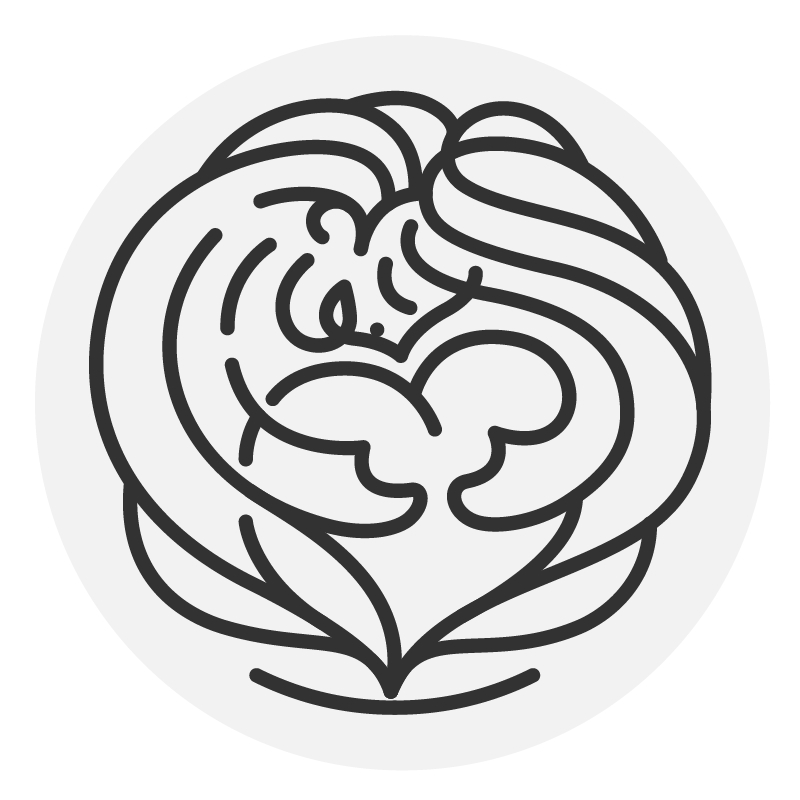
The Caregiver
The ‘Caregiver’ archetype fits brands that are nurturing, motherly, caring, and service-oriented.
Rather than saving the day like Hero archetype and then moving on to the next crisis, Caregiver brands tend toward longer-term relationships that require hand-holding and ongoing support. Caregiver brands are not always fun or exciting, but customers return to them again and again for their loving support.
Examples would be Tom’s, Johnson and Johnson, Unicef, and Campbell’s
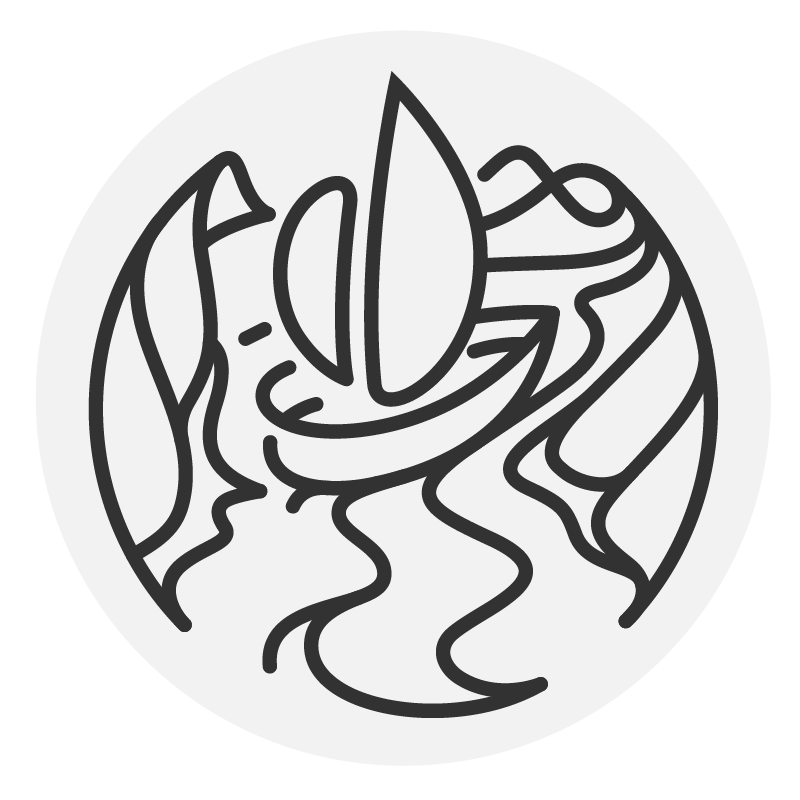
The Explorer
‘Explorer’ brands are freedom-lovers. They love adventure and they do not fear the unknown.
Explorers help their customers become better explorers themselves, whether of nature, ideas, relationships, or their own thoughts and feelings. Explorer brands are rarely inhibited, expressing a wanderlust and the thrill of entering uncharted territory.
Explorer brands look like Jeep, REI, Starbucks, Patagonia, and NASA.
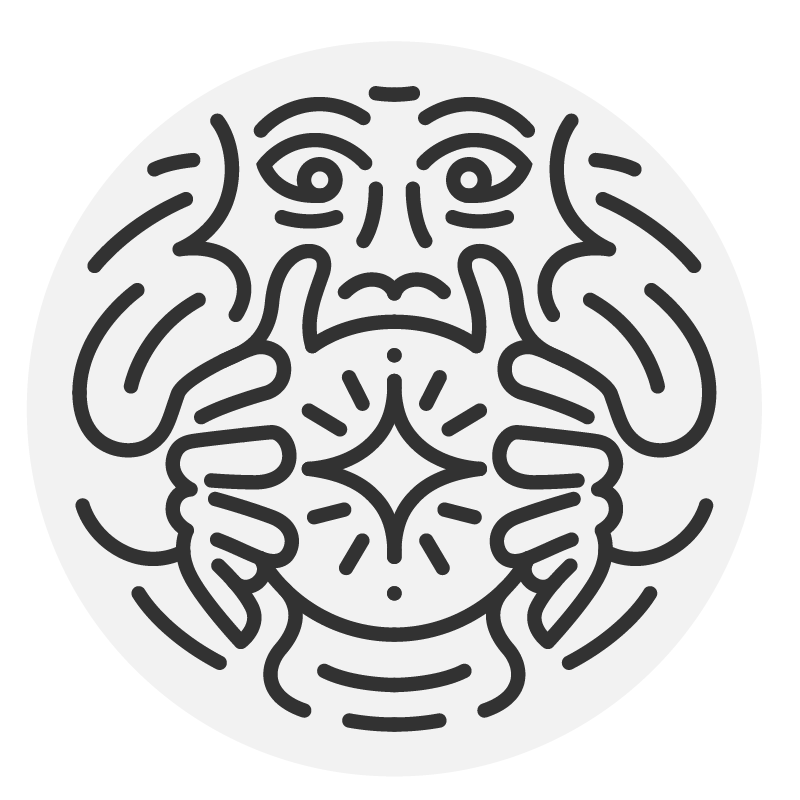
The Visionary
The ‘Visionary’ archetype is also sometimes called the ‘magician’, ‘shaman’, or ‘inventor’.
Brands with this archetype use their exceptional foresight and innovation to become leaders in their industry. They push the envelope of technology and convention, anticipating not just what is around the corner, but what is still beyond the horizon.
Visionaries want their customers to catch their vision and join them in being at the head of disruptive changes. Customers who are bleeding-edge, first-adopters love visionary brands and enthusiastically celebrate the release of every new product as a sign of the future to come.
Visionary brands tend to look like Disney, Apple, Dyson, Intel, and Coca-Cola.
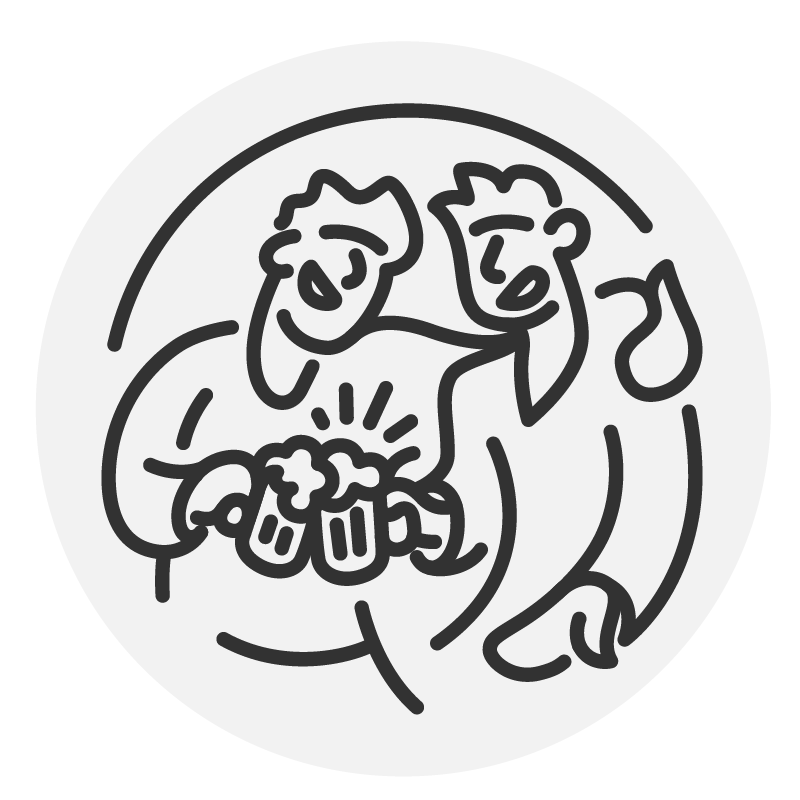
The Partner
A ‘Partner’ brand wants to be your best friend. A partner brand is going to walk alongside you, through thick and thin.
Customers love and remain faithful to the partner brands that have accompanied them through life. Reliable and trusted instead of flashy or crazy, partner brands offer services that customers keep coming back to and calling upon repeatedly over the years.
They seek a solid foundation, providing the support customers need to build a better life.
Partner brands look like Chanel, Victoria’s Secret, Alfa Romeo, and Lyft
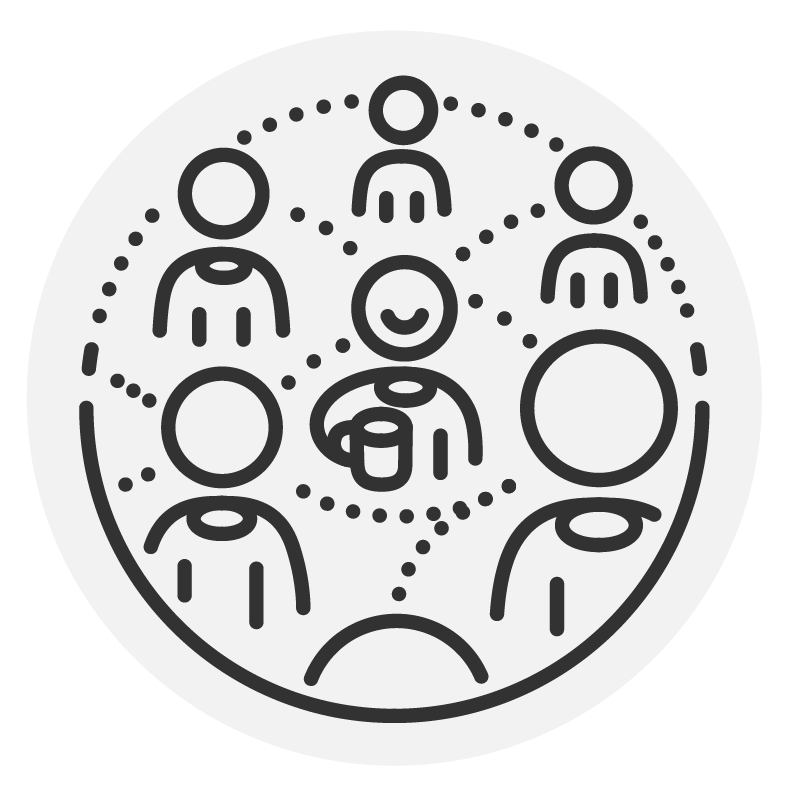
The Everyman
The ‘Everyman’ brand is a good neighbor, the down-to-earth person who’s ready to lend a helping hand with a friendly face whenever you need them.
Everyman brands feel familiar, safe, ‘just like me’, and reliable. Brands that live out this archetype are trusted by their customers because they are unpretentious, simple, and always there for them. Their customers might not need them every day but when they need a quick favor, the Everyman brand is right next door, ready with a smile.
You probably use Everyman brands more than you realize. Think Ebay, Target, McDonald’s, Walmart, IKEA, and Southwest Airlines.
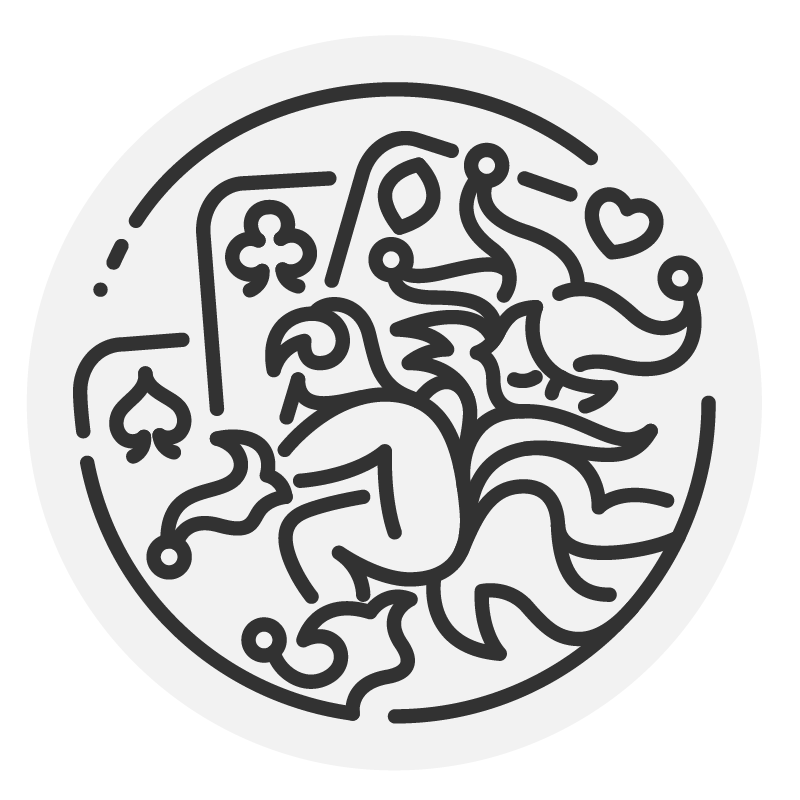
The Entertainer
‘Entertainer’ brands are performing artists, musicians, actors, storytellers—rock stars who want to dazzle their customers with fantastic experiences that they fall in love with.
Entertainer brands might be accused of ‘style over substance’, but they express their substance through their unique and memorable style. Aesthetics, feelings, and a sense of fun are key to these brands. Their customers love them and revel in their performance, their playfulness, and (often) their humor.
To see how they operate, look to Skittles, M&M’s, Burger King, or Dollar Shave Club.
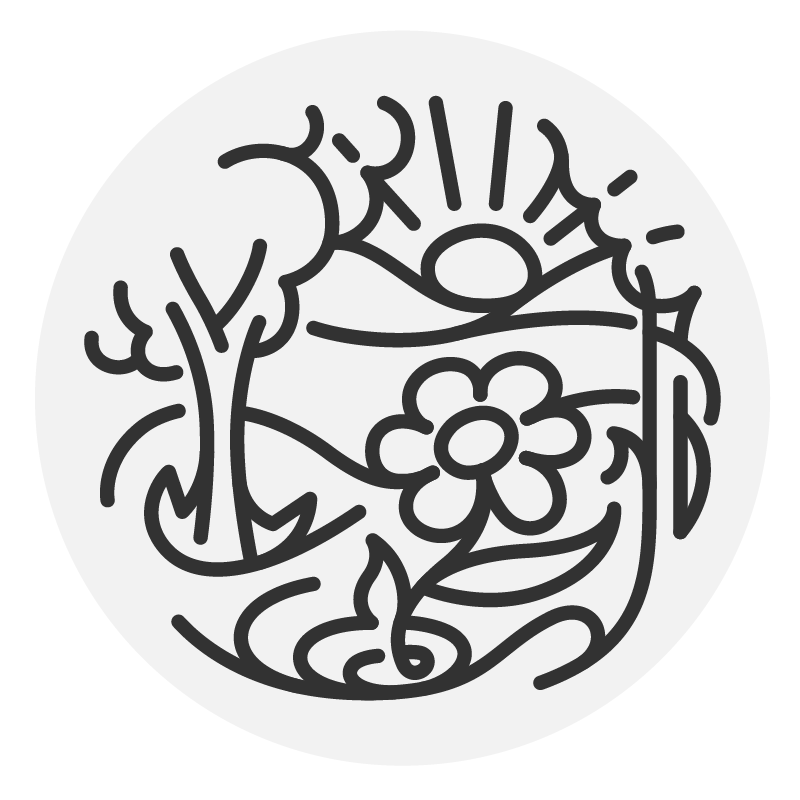
The Idealist
‘Idealist’ brands are there to help you sleep peacefully at night.
Through their idyllic vision of the world they seek to spread a spirit of elegance, honesty, and transparency. Idealists are seen as wholesome and healthy, the best choice in their category. They produce a feeling of warmth, comfort, and simple joy.
Customers look to Idealist brands like Dove, Whole Foods, Aveeno, or Pampers in order to rest and to feel “okay” after a hard day.
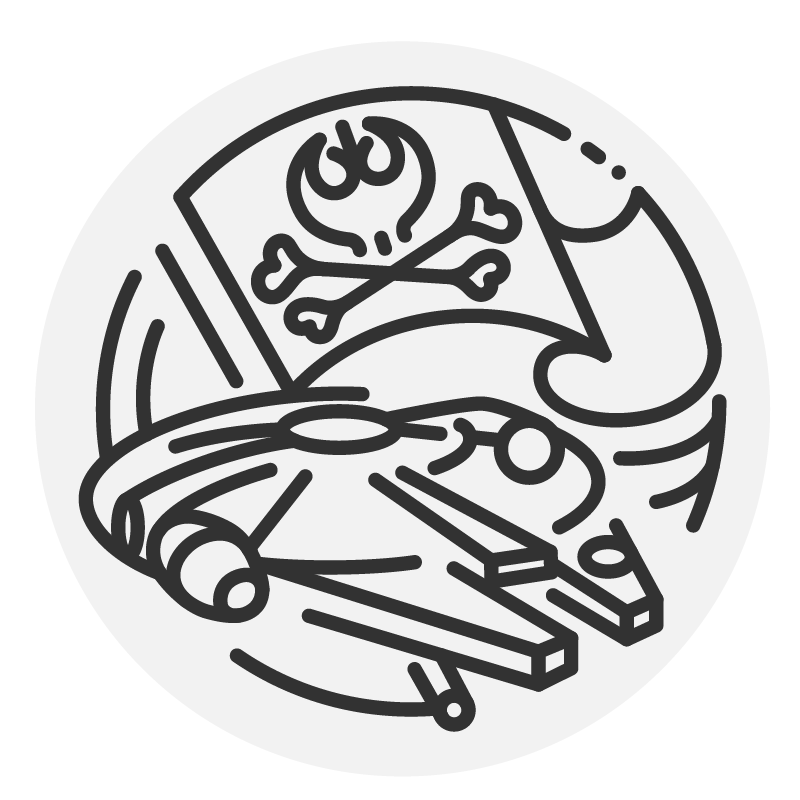
The Rebel
A ‘Rebel’ brand is a rule-breaker, an outlaw, a brand that revels in disrupting peace and shocking people awake.
Rebels can be loveable scoundrels like Han Solo type, or they can simply be combating the boredom of normalcy. Rebels encourage their customers to express themselves freely, to break expectations and live counter to the norm.
Customers love rebel brands as a chance to express their inner rebel and “fight against the system”. Rebel brands are usually quite niche since they ring inauthentic once they become normalized. Within their niche, they are highly loved, and they build tightly-knit communities of like-minded rebels around them.
Think Harley Davidson, Diesel, Virgin, and MTV.
Brand Archetypes Pull Their Weight
Once you find the archetype or two that best matches your brand, you can use it as a tool to guide the expression of your brand’s personality.
Of course, your brand’s personality is going to be more specific and unique than simply an archetype, but we’ve found that this tool is the best guide for helping everyone understand and communicate this personality.
Without some tool to clearly define your personality, your brand will end up shifting to match the personality and temperament of whoever might be writing copy that day. Your newsletters might reflect the mood you’re in, rather than the outlook of your brand’s archetypal character.
With that in mind, a good archetype ensures that when your brand behaves, designs, acts, or creates something, it’s expressing its true identity… and showing a consistent face to everyone who sees it.
For Example…
Suppose that your brand is a pool cleaning company.
There is a big difference between how an entertainer pool company would express itself and how a wise old man pool company would express itself. An “entertainer” pool company would be open to always going a little over the top, and making its customers feel either amazed or amused and not taking itself (or its social media feed) too seriously.
A wise old man, or better yet, an ‘Expert’ pool cleaning company would approach everything quite differently. aAs would a pool cleaning company with a hero archetype that makes a big deal about repairing pools, rebuilding them after storms, or saving the day by cleaning them before a big family reunion.
You can mix and match archetypes. A personality can have elements of two of them.
While our list might not be all-encompassing, the goal is to get a tool that provides consistency and clarity. Archetypes provide a way of saying, “This is our personality,” so that you know what kind of language and images are appropriate for your brand, and what messages you should try to communicate.
If You’re Inspired by Brand Archetypes…
Then do some digging and find your own! Our recently released book can be a great way to dive right in!
And check us out next month as we talk about setting, the next tool in fine-tuning your brand’s expression, personality, and appearance to the world.
If our discussion of archetypes has your thoughts spinning, or if you’ve got a brand or organization that could use a clear-cut model like the ones we listed, give us a call or check out more of our articles, videos, and resources.
But even more so than archetypes, or stock characters, we find that people are remarkable.
If you’re ready to show the world how remarkable you are, then the Resound team would love to talk with you.
Happy branding!
